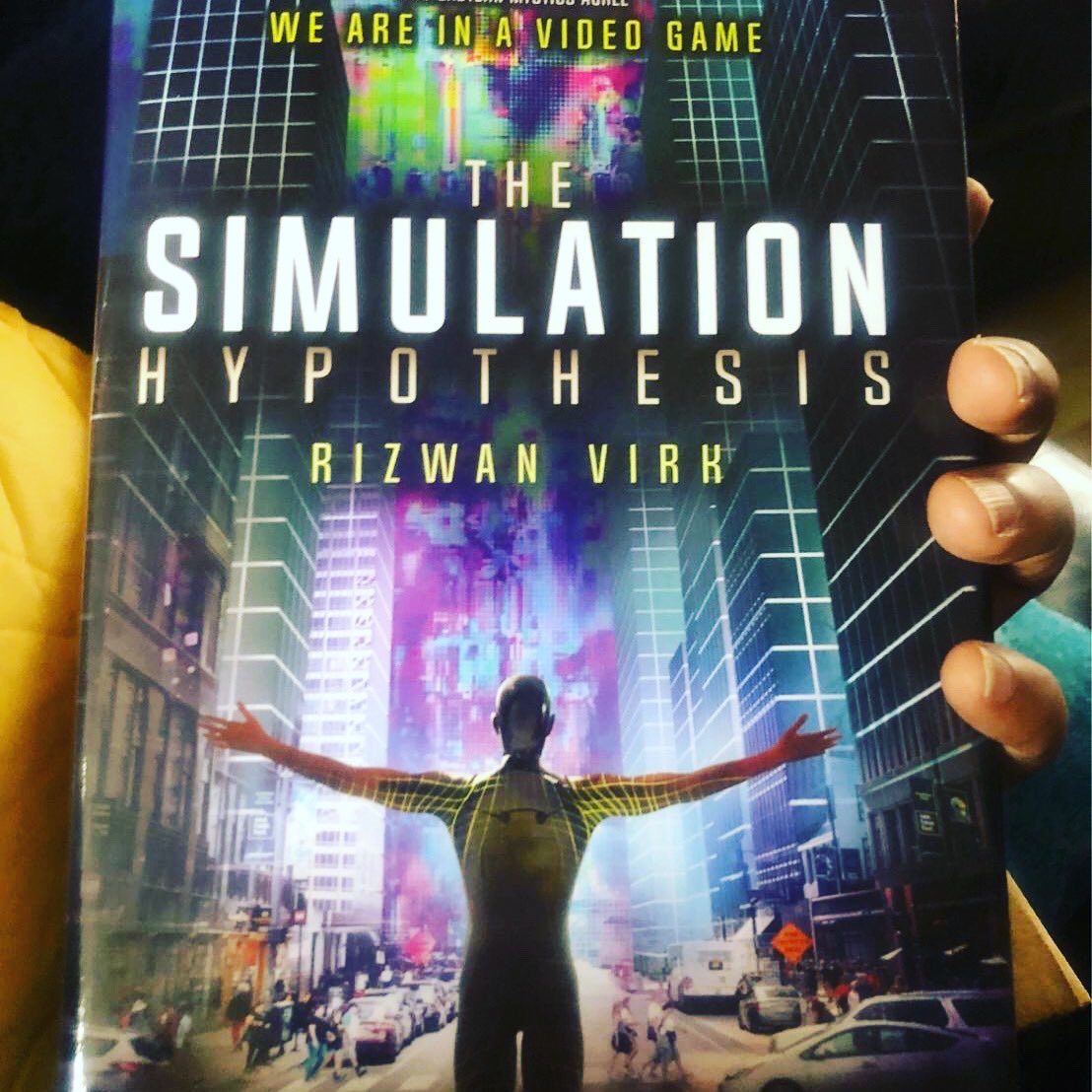



But anything we do would also be constrained by the processor speed no matter the laws of the game. If we were a Sim or a Grand Theft Auto character these would be the laws of the game. All other laws we would experience would be the laws of the simulation or the software we are a part of. If for a moment we imagine that we are a software program running on a computing machine, the only and inevitable artifact of the hardware supporting us, within our world, would be the processor speed.

We don’t need the intelligence to be conscious, and we don’t need it to even be very complex, because the evidence we are looking for is “experienced” by all computer programs, simple or complex, running on all machines, slow or fast.Īll computing hardware leaves an artifact of its existence within the world of the simulation it is running. For easy visualization, we can imagine these intelligences as any nonperson characters in any video game that we play, but in essence any algorithm operating on any computing machine would qualify for our thought experiment. To understand if we live in a simulation we need to start by looking at the fact that we already have computers running all kinds of simulations for lower level “intelligences” or algorithms. However, all these discussions and studies of the simulation hypothesis have, I believe, missed a key element of scientific inquiry: plain old empirical assessment and data collection. Since the simulation hypothesis does not arrive at a falsifiable prediction, we can’t really test or disprove it, and hence it’s not worth seriously investigating. Why would a conscious, intelligent designer of realities waste so many resources into making our world more complex than it needs to be? It's a hypothetical question, but still may be needed.: Others, such as physicist and science communicator Sabine Hossenfelder, have argued that the question is not scientific anyway. Building complexity requires energy and time. Physicist Frank Wilczek has argued that there’s too much wasted complexity in our universe for it to be simulated. The claims have been afforded some credence by repetition by luminaries no less esteemed than Neil deGrasse Tyson, the director of Hayden Planetarium and America’s favorite science popularizer. Recent papers have built on the original hypothesis to further refine the statistical bounds of the hypothesis, arguing that the chance that we live in a simulation may be 50–50. Such public intellectuals as Tesla leader and prolific Twitter gadfly Elon Musk have opined about the statistical inevitability of our world being little more than cascading green code. Ever since the philosopher Nick Bostrom proposed in the Philosophical Quarterly that the universe and everything in it might be a simulation, there has been intense public speculation and debate about the nature of reality.


 0 kommentar(er)
0 kommentar(er)
